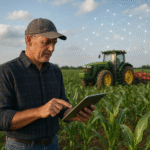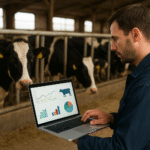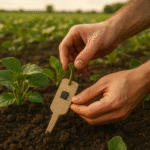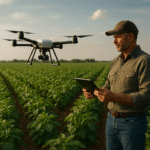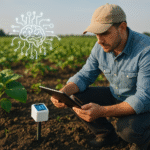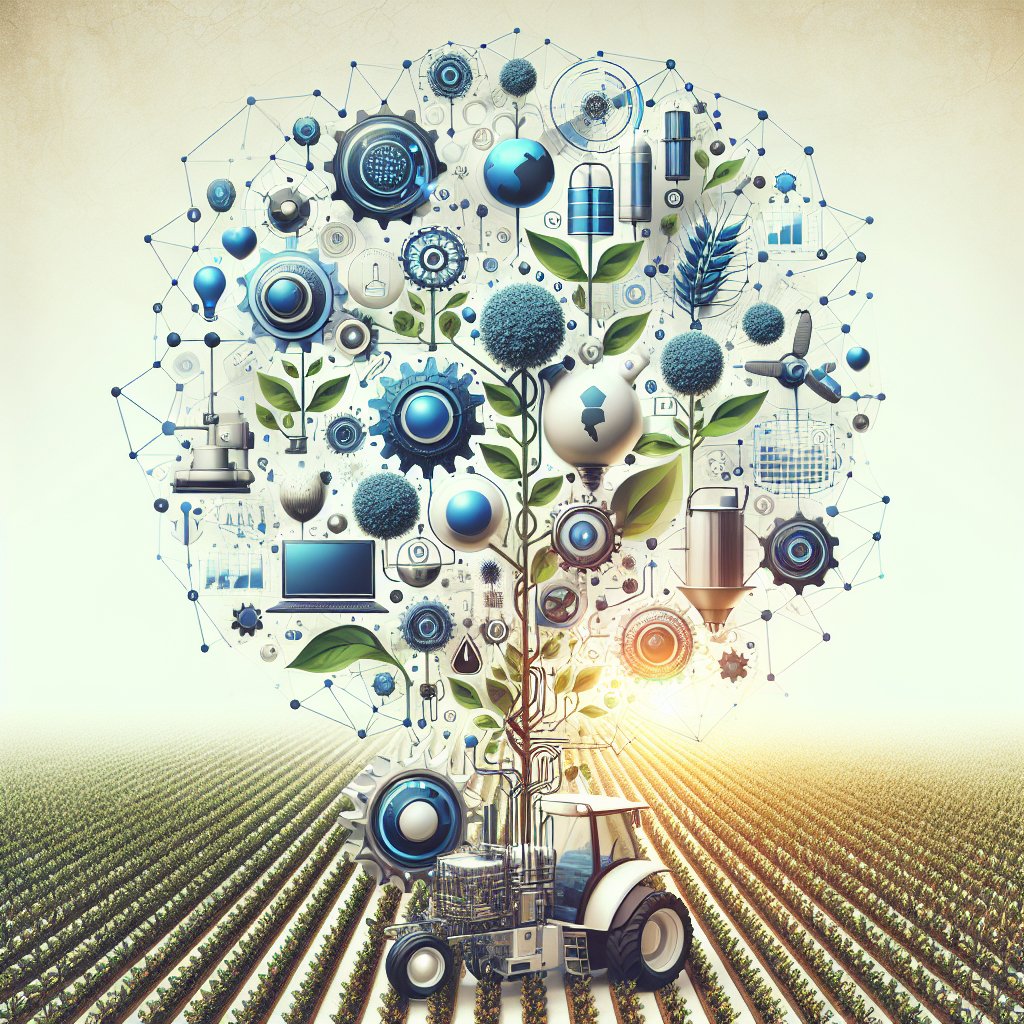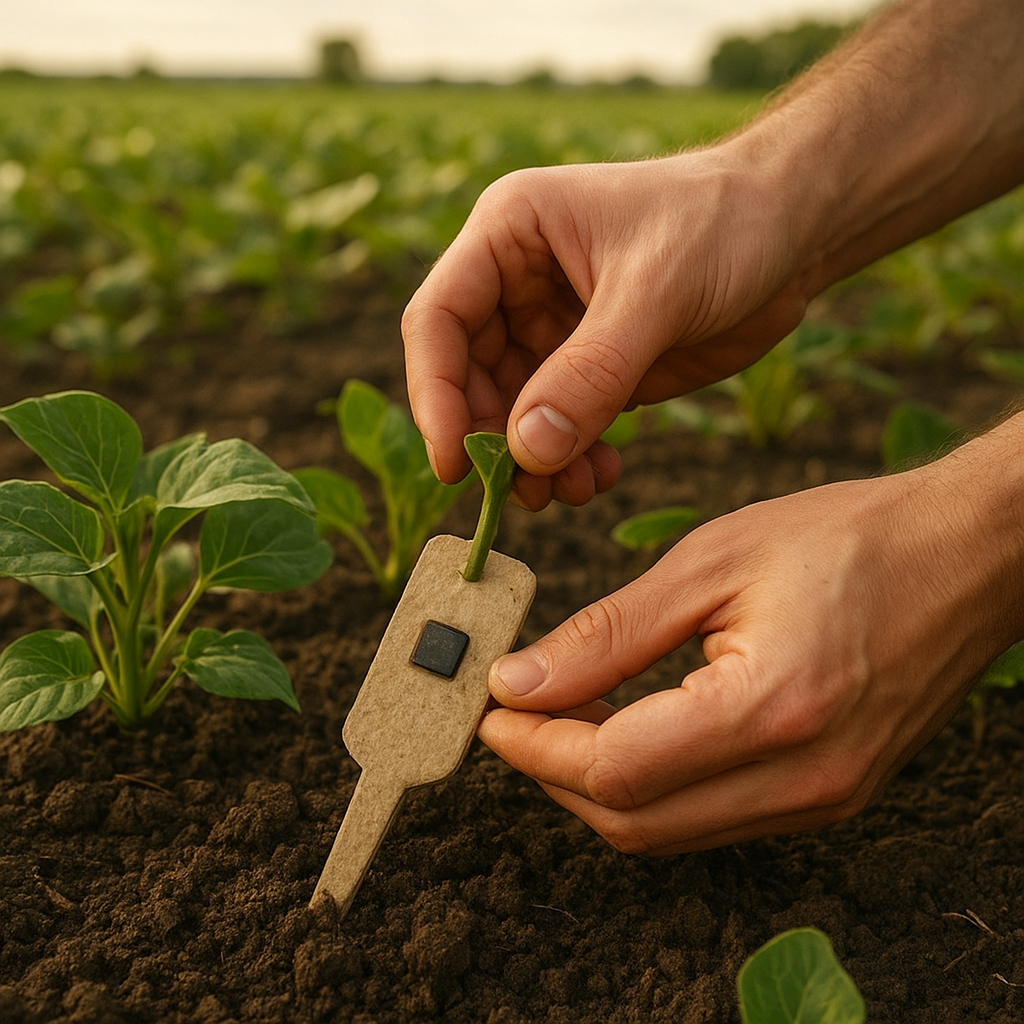Agri-tech startups are revolutionizing the agricultural landscape, driving the future of farming with innovative technologies and sustainable practices. These startups are addressing some of the most pressing challenges in agriculture, from climate change to food security, by leveraging cutting-edge solutions that enhance productivity, efficiency, and sustainability.
Technological Innovations in Agri-Tech
The agri-tech sector is witnessing a surge in technological advancements that are transforming traditional farming methods. One of the most significant innovations is the use of precision agriculture, which involves the application of data analytics, GPS, and IoT (Internet of Things) devices to optimize crop yields and resource management. By collecting and analyzing data on soil conditions, weather patterns, and crop health, farmers can make informed decisions that reduce waste and increase efficiency.
Another groundbreaking technology is the development of autonomous machinery. Drones and robotic systems are now being used for tasks such as planting, harvesting, and monitoring crops. These machines can operate with high precision and consistency, reducing the need for manual labor and minimizing human error. For instance, drones equipped with multispectral cameras can capture detailed images of fields, allowing farmers to identify areas that require attention and apply targeted treatments.
Additionally, advancements in biotechnology are playing a crucial role in agri-tech. Genetic engineering and CRISPR technology are being used to develop crops that are more resistant to pests, diseases, and extreme weather conditions. These genetically modified organisms (GMOs) can lead to higher yields and reduced reliance on chemical pesticides, contributing to more sustainable farming practices.
Sustainable Practices and Environmental Impact
Agri-tech startups are not only focused on increasing productivity but also on promoting sustainability and reducing the environmental impact of farming. One of the key areas of focus is water management. With the increasing scarcity of water resources, efficient irrigation systems are essential. Startups are developing smart irrigation solutions that use sensors and data analytics to optimize water usage, ensuring that crops receive the right amount of water at the right time. This not only conserves water but also improves crop health and yields.
Soil health is another critical aspect of sustainable agriculture. Agri-tech startups are creating solutions to monitor and improve soil quality. For example, soil sensors can measure nutrient levels, moisture content, and pH, providing farmers with real-time data to make informed decisions about fertilization and soil management. Additionally, practices such as cover cropping and no-till farming are being promoted to enhance soil structure, reduce erosion, and increase carbon sequestration.
Moreover, agri-tech startups are exploring alternative farming methods such as vertical farming and hydroponics. These methods allow for the cultivation of crops in controlled environments, reducing the need for large tracts of arable land and minimizing the use of chemical inputs. Vertical farming, in particular, can be implemented in urban areas, bringing food production closer to consumers and reducing transportation-related carbon emissions.
Challenges and Future Prospects
Despite the promising advancements, agri-tech startups face several challenges. One of the primary obstacles is the high cost of technology adoption. Small-scale farmers, especially in developing countries, may find it difficult to invest in expensive equipment and infrastructure. To address this issue, startups are exploring innovative business models such as leasing and subscription services, making technology more accessible to a broader range of farmers.
Another challenge is the need for education and training. Farmers must be equipped with the knowledge and skills to effectively use new technologies. Agri-tech startups are partnering with educational institutions and government agencies to provide training programs and support services. By empowering farmers with the necessary expertise, these initiatives aim to maximize the benefits of technological innovations.
Looking ahead, the future of agri-tech is promising. The integration of artificial intelligence (AI) and machine learning (ML) is expected to further enhance the capabilities of agricultural technologies. AI-powered systems can analyze vast amounts of data to predict crop yields, detect diseases, and optimize resource allocation. Additionally, advancements in blockchain technology are being explored to improve supply chain transparency and traceability, ensuring the integrity and safety of food products.
In conclusion, agri-tech startups are at the forefront of driving the future of farming. Through technological innovations and sustainable practices, they are addressing the challenges of modern agriculture and paving the way for a more efficient, productive, and environmentally friendly food system. As these startups continue to grow and evolve, their impact on the agricultural industry is set to be profound, shaping the future of farming for generations to come.
